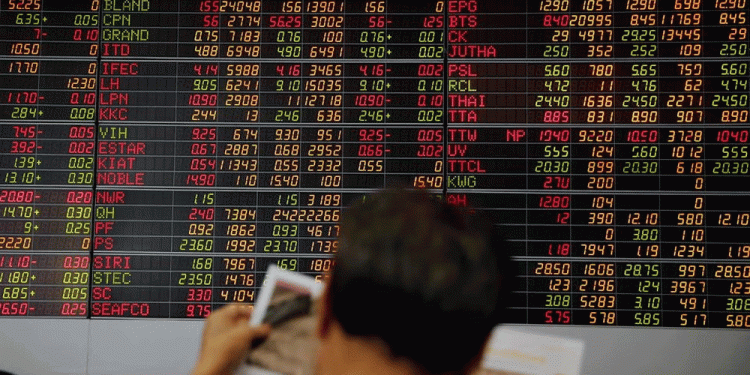KOCHI (Commodity Online): Two sets of global agricultural data released this month should now start worrying India, especially the farmers and planters in the southern state of Kerala.
The data on rubber and pepper—Kerala is the largest producer of these two commodities in India—says that the country has been easily overtaken by Vietnam and China in the production of natural rubber and black pepper.
Data released by the Association of Natural Rubber Producing Countries, consisting of the South East Asian countries where rubber is abundantly grown says India has been pushed down to the fifth spot in rubber production by Vietnam and China, for the year 2013.
The data should render a big shock to the Rubber Board, the apex government-aided agency tasked with the responsibility of the production of natural rubber in India. It should also worry India’s agricultural policy makers as they need to study deeply as to how farming is better done in countries like China and Vietnam.
In 2011, India was the third largest producer of rubber after Thailand and Indonesia; in 2012, India slipped to the fourth spot after Malaysia and now the country is delegated to the fifth place. In fact, India’s position in rubber production could have been much weaker in 2013, but for the steep drop in production in Malaysia thanks to rains. Among the top 9 producers in the world only India, Malaysia and Sri Lanka had seen a drop in production in 2013.
Large tracts of land across the rural hinterlands of China and Vietnam are being cultivated with natural rubber that these countries have come to the forefront as the largest rubber growing areas in the last few years. Vietnam in fact did a wonderful job as rubber production in the country crossed 1 million mark in 2013 whereas India has been trying hard to cross the 1 million mark for long now.
Similarly, once India used to be the king of black pepper production in the world. But in the last few years, pepper production has been coming down drastically. Today, Vietnam is the world’s largest pepper producer. Pepper is mostly grown on the slopes of Western Ghats in Kerala, Karnataka and Tamil Nadu. Statistics of the International Pepper Community show the area under pepper cultivation in India has decreased from 218,670 hectares in 2001 to 182,000 hectares in 2012. But cultivation base and production of pepper in countries like Vietnam and China have gone up.
Take the dwindling pepper cultivation in India: the pepper cultivated area has shrunk drastically with production falling below 50,000 tonnes in 2012 from 79,000 ten years ago. In Kerala alone, the area under pepper cultivation has fallen from 172,182 hectares to 85,335 hectares in a single year from 2010-11 and production plummeted to 37,989 tonnes from 45,267 tonnes.
Kerala’s rubber growers are also reeling under a steep price fall and low production thanks to unpredictable weather conditions. Prices of natural rubber that hit Rs 245 a kilogram in 2011 have plunged almost by Rs 100 to touch Rs 145. In 2013, India saw a 7.6% decrease in rubber production which stood at 8.49 lakh tonnes. During the same period, Vietnam saw a stupendous growth of more than 20% and total production crossed 1 million tonnes that India has been aspiring to achieve. China has also picked up momentum and its rubber production has overtaken that of India.
The fact that Vietnam and China have outpaced India in rubber and pepper production points to a few worrying aspects on our farming methods and production habits. Why are we unable to increase the productivity of our commercial agri commodities like rubber and pepper? Reasons are simple: shortage and high cost of active labour has disrupted the tapping of rubber across Kerala; high pesticide residues in the land are destroying pepper plants; the government-led Rubber Board and Spices Board have not taken any plans on a war footing for the planting and replanting initiatives in crops like rubber and pepper.
It is time the government, the concerned ministries, boards and growers join hands to take urgent measures to boost production in commodities like rubber and pepper. Or else, India would continue to be delegated to countries like Vietnam and China in more and more agri commodities in coming years.
Commodity Online




























